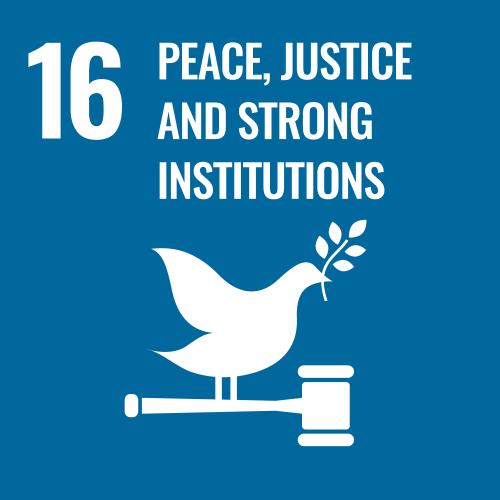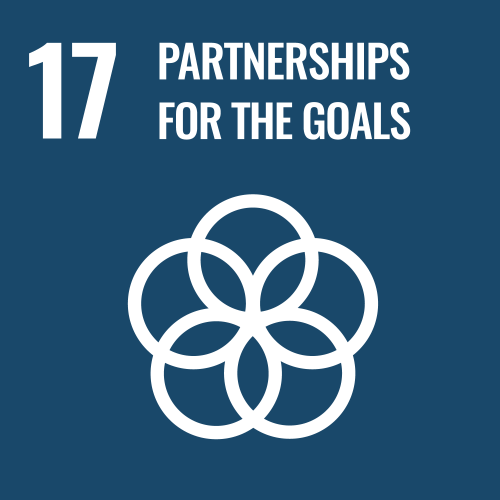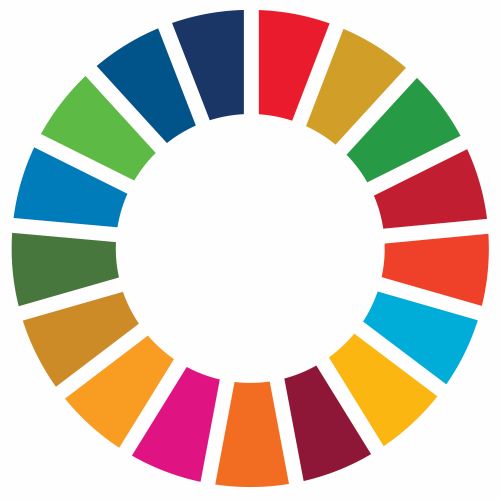
12/11/2025
The security forces of Senegal and Mauritania are working to form river intervention units with the aim of patrolling and controlling the rivers of both countries.
Senegal is separated from Mali by the Falémé River. Mauritania is separated from Senegal by the Senegal River. Both areas are affected by terrorism and related crimes, and the fact that the rivers form the borders means that the security forces have to use different methods to those used at land borders to combat these crimes.
To this end, river intervention units have been created to patrol and control the rivers of both countries. These units were created through the GARSI project: Rapid Action Groups for Surveillance and Intervention.
Following the creation of these units, two months of training have been carried out for the personnel who will form part of the units in both Senegal and Mauritania. The training has focused on swimming, boat pilots and boat mechanics.
In Senegal, the training took place in Ndangane and was provided by experts from the European gendarmeries of the consortium implementing the European GARSI project (Spanish Civil Guard, French National Gendarmerie, Portuguese National Republican Guard and Italian Carabinieri) trained the 16 Senegalese gendarmes who will make up the GARSI unit’s river intervention cell, which will be based in Saraya.
In Mauritania, training was provided in Rosso, a border town between Mauritania and Senegal, divided in that area by the Senegal River itself. Seven experts from the Consortium’s European gendarmeries trained 42 Mauritanian gendarmes who will form the river intervention cell of the GARSI unit based in Aleg.
In both countries, the training included theoretical and practical sessions. On the one hand, topics such as nautical nomenclature, physical principles of flotation, first aid, meteorology and advanced piloting techniques were covered. On the other hand, in the practical part, participants took swimming lessons, learned boat manoeuvres, rescue techniques, intervention tactics in the aquatic environment, boarding techniques, use of equipment and preparation for interventions according to the type of boat and illegal activity.
The two new units will be ready and operational, including their river components, by mid-2026. With these two additions, the GARSI project will have trained and created 15 units in six different countries in West Africa.
📸 Photo gallery:


